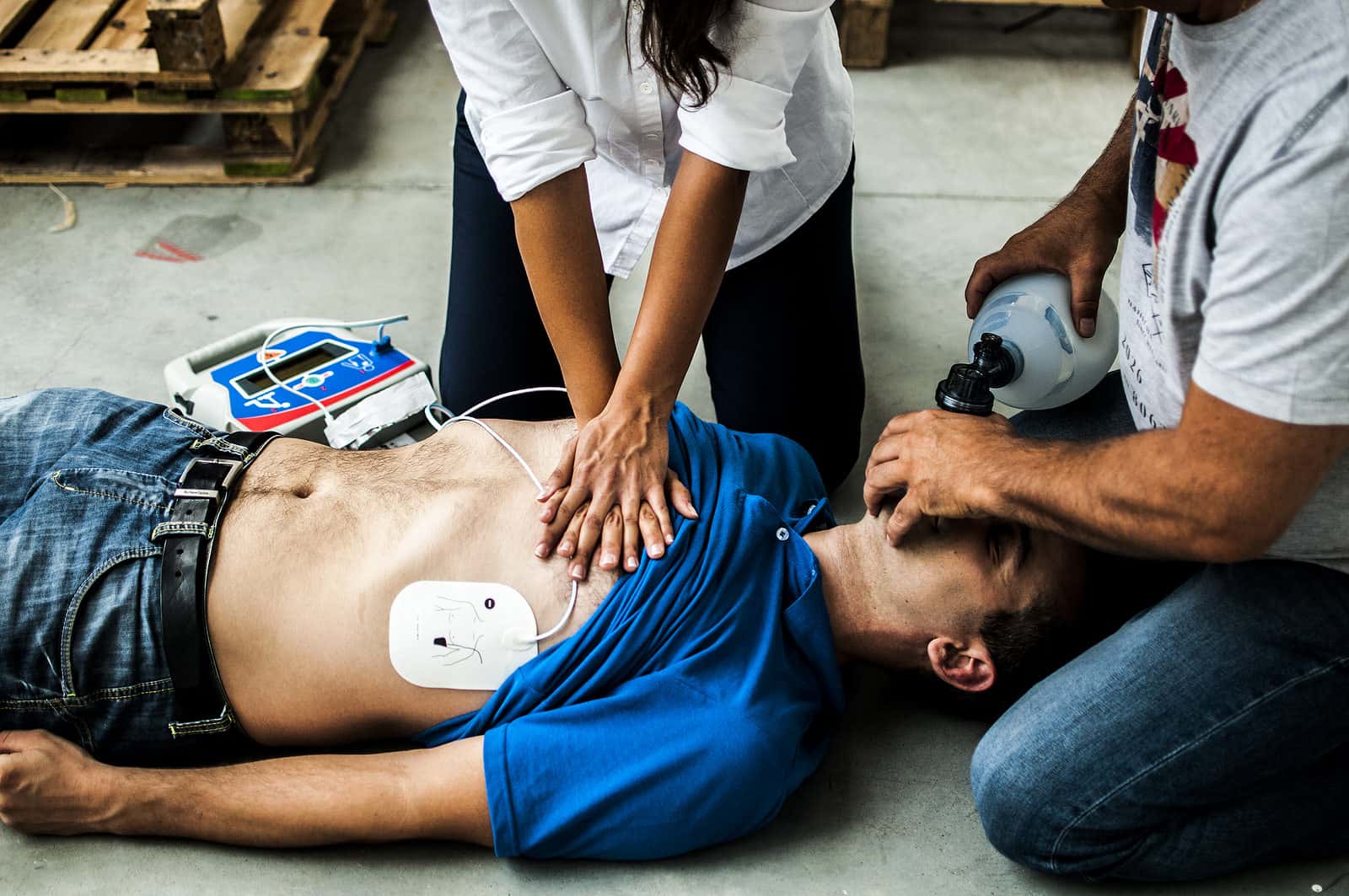
Aspirin has a long history, loaded with controversy over its benefits and risks. Chemists originally synthesized the compound, acetylsalicylic acid, in 1899. Very soon thereafter, the Bayer company marketed it successfully to treat pain and fever. As the 20th century drew to a close, doctors often prescribed aspirin for people at risk of a heart attack. More recently, cardiologists have discouraged the routine use of even low-dose aspirin for healthy people. However, studies have established that daily aspirin reduces the risk of second heart attacks or strokes by about 25 percent. People who have had an initial cardiovascular event are more likely to suffer subsequent problems. At least one reader wonders about the most appropriate dose.
What Dose of Aspirin Is Best?
Q. I had quadruple bypass heart surgery 25 years ago. Following the procedure, my cardiologist put me on a single daily 325 mg aspirin. I have stayed on this dose all these years with no problems.
I recently went to a cardiology nurse practitioner who suggested I should get off this dose and go to the baby aspirin dose. I am leery to do this. Should I get back in touch with my cardiologist before changing the dose?
A. For decades, many Americans were told to take a standard dose aspirin pill (325 mg) to prevent a heart attack. Then that advice was modified, and the recommended dose was lowered to 81 mg. That is a so-called baby aspirin, although pediatricians do not recommend giving children aspirin. The dosage reduction for adults was to reduce the risk of stomach irritation or bleeding.
In recent years, most cardiologists have determined that otherwise healthy people do not need to take aspirin. Their fear is that bleeding episodes could counterbalance any benefit such individuals might gain from even a small aspirin dose.
People like you, however, are at higher risk of second heart attacks and other heart problems because you had bypass surgery. Doctors usually advise them to continue taking aspirin.
While you certainly could check with your cardiologist, the cardiology nurse practitioner seems to be up to date on the prescribing guidelines. The American Heart Association and the American College of Cardiology both recommend people take aspirin indefinitely following bypass surgery, with 81 mg considered an acceptable dose for many individuals.
Are People Taking Aspirin to Prevent Second Heart Attacks?
Professional organizations such as the American College of Cardiology have issued guidelines recommending aspirin for this type of secondary prevention. In addition to being effective, aspirin is affordable.
A multi-national study involving more than 124,000 people in 51 countries analyzed the use of aspirin after patients suffered a heart attack (JAMA, Aug. 22, 2023). The investigators found that relatively few of the people who could benefit from aspirin therapy to prevent second heart attacks or strokes were using it.
In particular, only 17 percent of eligible patients in low-income countries and 24 percent in lower-middle-income countries took aspirin for secondary prevention. On the other hand, nearly two-thirds of those eligible in wealthy countries used aspirin. The low rates globally have not changed in nearly 12 years since the last study showed aspirin being underutilized.
Downsides of Aspirin:
Ulcers:
One reason doctors discourage healthy people from taking aspirin every day is the fear that they might experience side effects. Like other NSAIDs (diclofenac, ibuprofen, meloxicam, etc.), aspirin can irritate the digestive tract. Ultimately, this can result in ulcers, and in the worst cases, bleeding ulcers.
Bleeding:
Another hazard is bleeding. Aspirin helps prevent blood clots, which is partly how it helps prevent second heart attacks and strokes. However, that also means it can trigger excessive bleeding if a person gets cut or has a weak blood vessel. As a result, people taking aspirin may be more vulnerable to a bleeding (hemorrhagic) stroke. Although these are less common than strokes caused by a clot, they can be extremely damaging.
Citations
- Yoo SGK et al, "Aspirin for secondary prevention of cardiovascular disease in 51 low-, middle-, and high-income countries." JAMA, Aug. 22, 2023. doi:10.1001/jama.2023.12905
- Liew G et al, "The association of aspirin use with age-related macular degeneration." JAMA Internal Medicine, Feb. 25, 2013. doi:10.1001/jamainternmed.2013.1583

